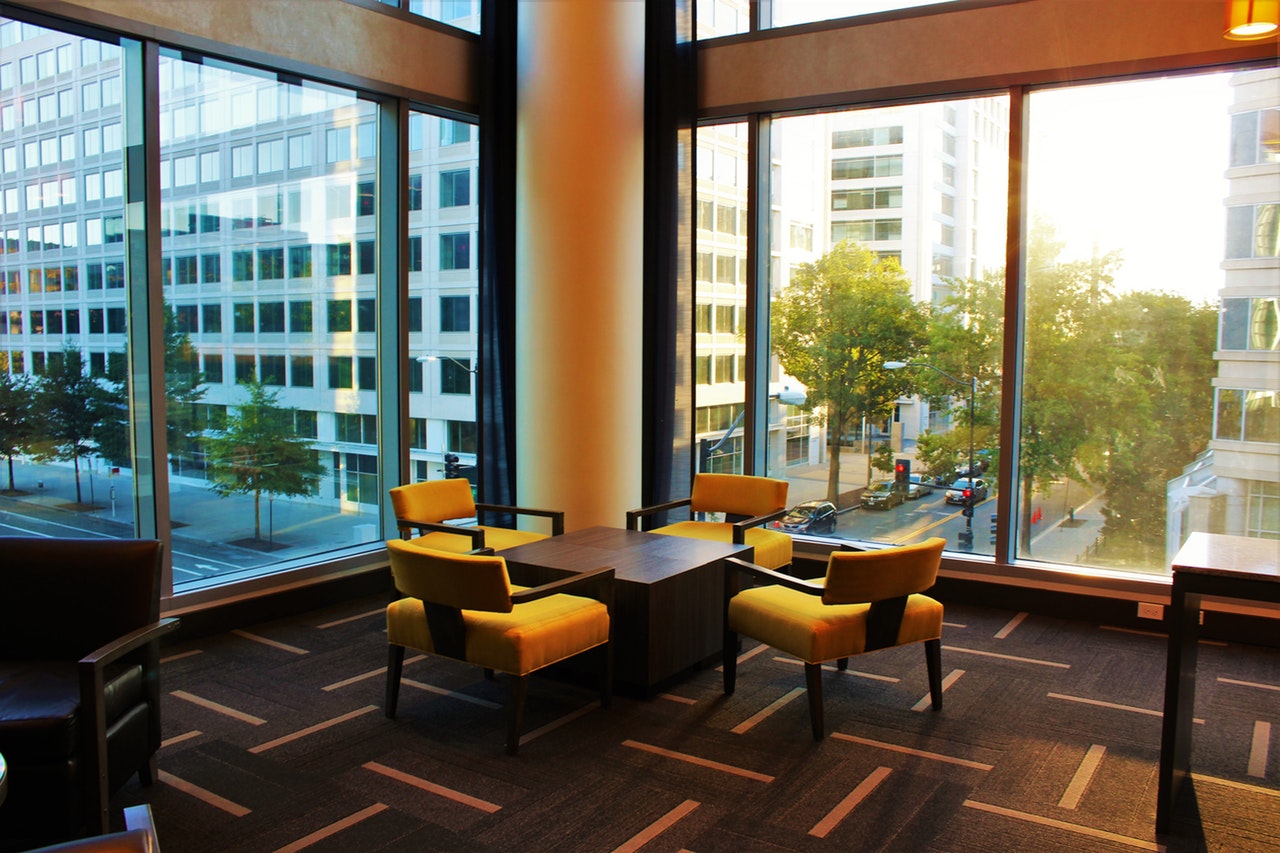Good Monday AM,
Government crisis averted Saturday afternoon as congress kicked the can down the road for six weeks and the government gets to stay open.
Does Kevin McCarthy lose his job as speaker because he made a deal with the Dems to get emergency funding approved? Stocks and bonds both having a rough day. When you take a step back and think about it, the economy is running hot so rates are increasing… but if the economy is running hot, shouldn’t stocks be increasing because companies would be doing better (they are not by the way)? So if companies are not doing better, is the economy really doing better and if not, shouldn’t rates be falling? These are the circular thoughts in my mind.
Today we had the ISM manufacturing index. It came in a little strong.
That’s why bonds aren’t doing great. Construction spending came in as expected but down considerably from last month. The rest of the week has some important data: Jolts is tomorrow, Factory Orders and ISM Non-Manufacturing on Wednesday, Jobless Claims on Thursday and then Friday is another really big day. The Non-farm payrolls. So hopefully we can get a little bit of traction going. Tough to see a reason to float at the moment. Hope to change that thought soon.
Some really great tidbits from the WSJ this AM… None really pointing to a strong economy.
Why Consumers Are Mad About Inflation Even Though It Has Fallen
Inflation has fallen sharply in the past year. The economy remains strong. Yet Americans remain deeply unhappy about the economy, often citing inflation. One big reason: While economists and the Federal Reserve focus on inflation, which is the rate of change in prices, Americans in their everyday lives usually focus on the absolute price of the things they need and want. On that front, prices for many items remain well above their levels just before or at the onset of the Covid-19 pandemic and aren’t likely to return to where they were.

“The fact that inflation has come down doesn’t mean prices have come down,” said Tim Quinlan, senior economist at Wells Fargo. “For consumers, as long as prices remain elevated, which is what they are from their perspective, it still kind of weighs on confidence.”

Americans Are Spending Like There’s No Tomorrow
Consumers should be spending less by now. Interest rates are up. Inflation remains high. Pandemic savings have shrunk. And the labor market is cooling. Yet household spending, the primary driver of the nation’s economic growth, remains robust. Americans spent 5.8% more in August than a year earlier, well outstripping less-than-4% inflation. And the experience economy—things like travel and concerts—boomed this summer. Why? A tough housing market has more consumers writing off something they’d historically save for, while the pandemic showed the instability of any long-term plans related to health, work or day-to-day life. So, they are spending on once-in-a-lifetime experiences because they worry they may not be able to do them later.

There’s No Soft Landing for These Businesses
Small-business bankruptcy filings are rising this year, a signal that increased interest rates, tighter lending standards and higher operating costs are straining entrepreneurs. The Federal Reserve’s efforts to slow inflation by raising interest rates have been particularly painful for small businesses, which tend to operate with thinner profit margins and smaller cash reserves than larger companies.

Apartment Construction Is Hitting a Wall
Many of the cranes crowding skylines from Phoenix to Denver and Dallas will soon come down. They are likely to stay down for a long time. The number of new apartments starting development has fallen dramatically this year, a consequence of higher interest rates, declining rents and what in some places looks like overbuilding.

Please remain safe and healthy, and make today great!


